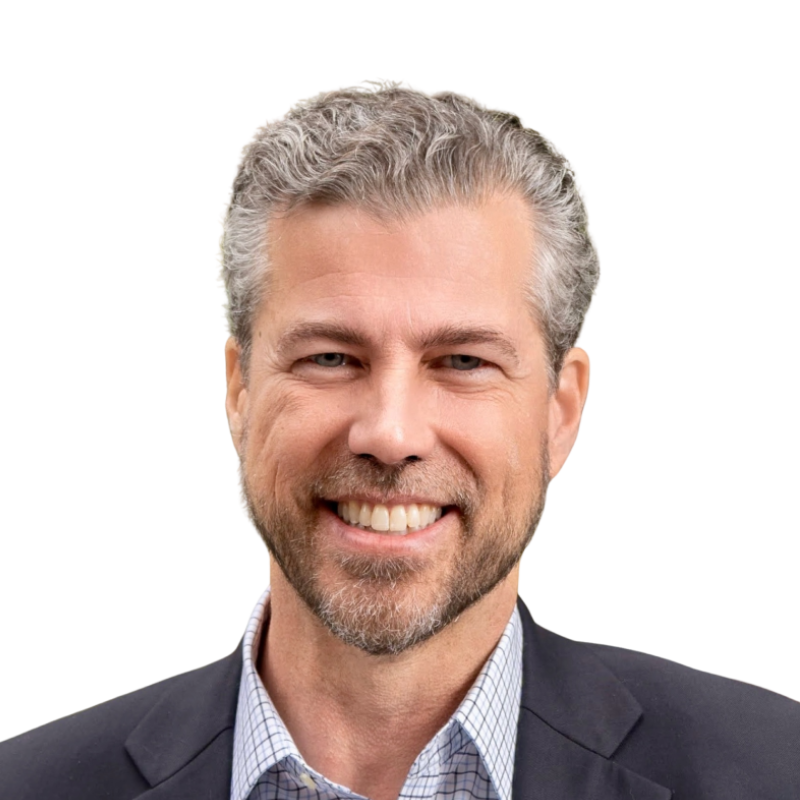Show Notes
Part 4 of 4 of our series with Darren Cooke, Interim Chief Innovation & Entrepreneurship Officer and Executive Director of the Life Sciences Entrepreneurship Center at the University of California, Berkeley.
Darren shares how 100 "discovery interviews" turned a $3 million gift to UC Berkeley into an experiment that became a powerhouse for biotech innovation in academia.
He also details UC Berkeley’s flagship Fellows program, discusses the creation of speed teaming and venture grants, and shares how simple ideas like fostering connection and collaboration transformed campus culture at a university previously known for underprioritizing entrepreneurship.
Lastly, Darren reflects on the leadership of Chancellor Rich Lyons and offers his insights on the power of perseverance, mentorship, and simply showing up.
Key topics covered:
- Transforming a blank-slate idea into a thriving biotech launchpad
- Creating standout programs and grants to support startup creation
- Flipping Berkeley’s outlook to embrace innovation and collaboration
- Sparking new partnerships and opportunities across campus
- Mentorship lessons and founder tips for real-world impact
Prefer video? Watch the full episode on YouTube:
Resources & Articles
- How UC Berkeley Became an Unexpected Leader in Entrepreneurship and Startups: https://iande.berkeley.edu/StartupCampus
- Startup Campus (How UC Berkeley became a leader in entrepreneurship) https://a.co/d/5pCg83q
- Berkeley SkyDeck Demo Day: https://skydeck.berkeley.edu/tag/demo_day/
- Bakar Faculty Fellows Program: https://bakarfellows.berkeley.edu/
- QB3 Speed Teaming program: https://qb3.org/event/bio-startup-speed-teaming/
Organizations & People
- UC Berkeley: https://www.berkeley.edu/
- Haas School of Business (UC Berkeley Haas): https://haas.berkeley.edu/
- Venture Capital Fund: https://tinyurl.com/29dnsjpb
- Berkeley SkyDeck: https://skydeck.berkeley.edu/
- QB3 (California Institute for Quantitative Biosciences): https://qb3.org/
- Bakar Labs: https://bakarlabs.berkeley.edu/
- Rich Lyons: https://www.linkedin.com/in/rich-lyons-30332b1/
- David Kirn: https://www.linkedin.com/in/davidkirnmd/
- Tobias Schmid: https://www.linkedin.com/in/taschmid/
- Paul Alivisatos: https://www.linkedin.com/in/paul-alivisatos-4b313b6/
- Ariel Notcovic: https://www.linkedin.com/in/ariel-notcovich/
- Justin Reese,: https://www.linkedin.com/in/justin-reese-3419b24/
- Hannah Weber: https://www.linkedin.com/in/hannah-weber001/




